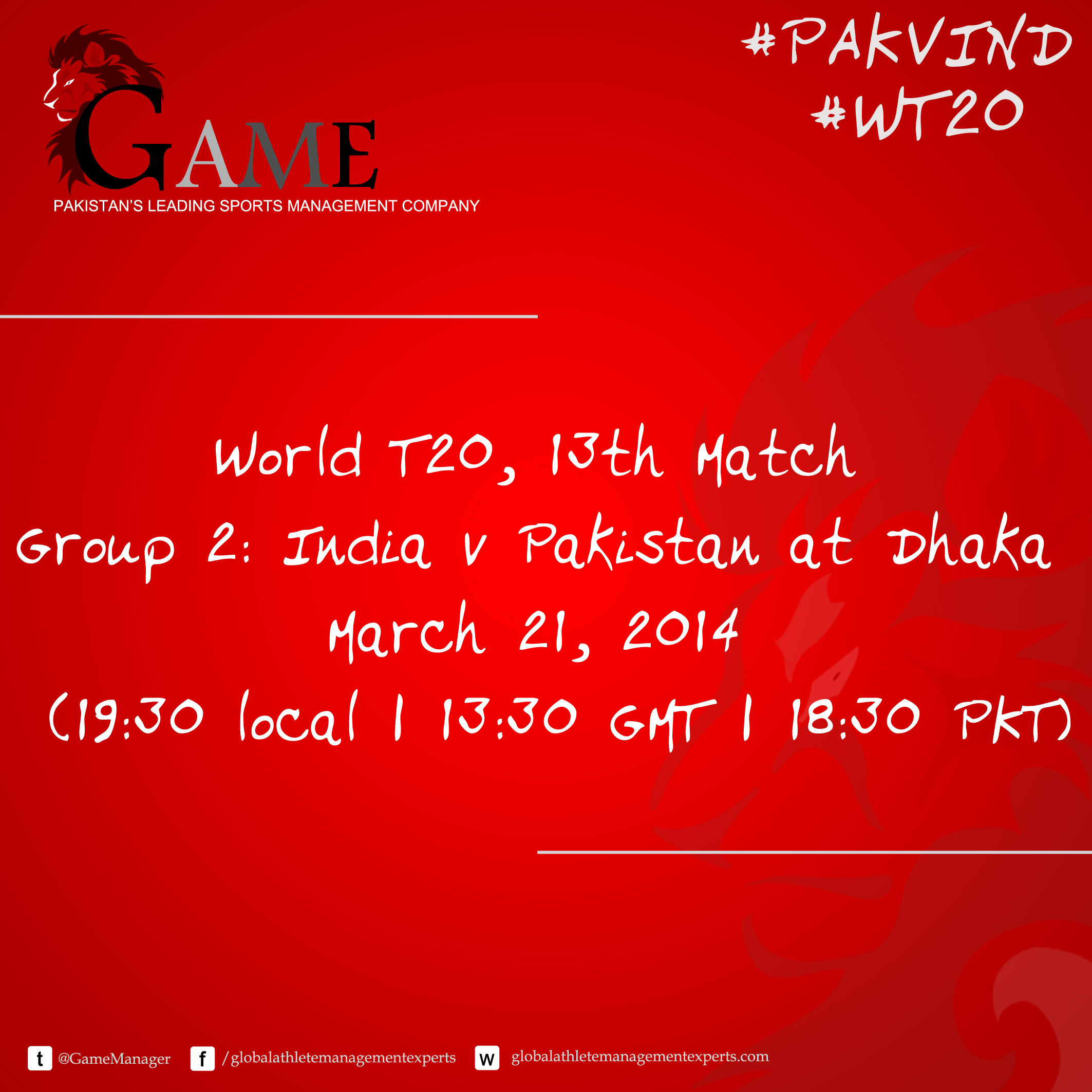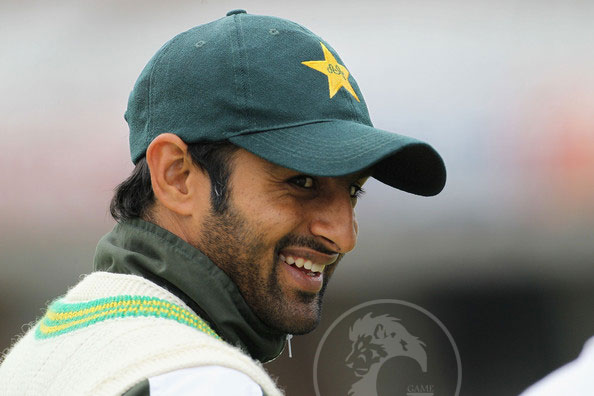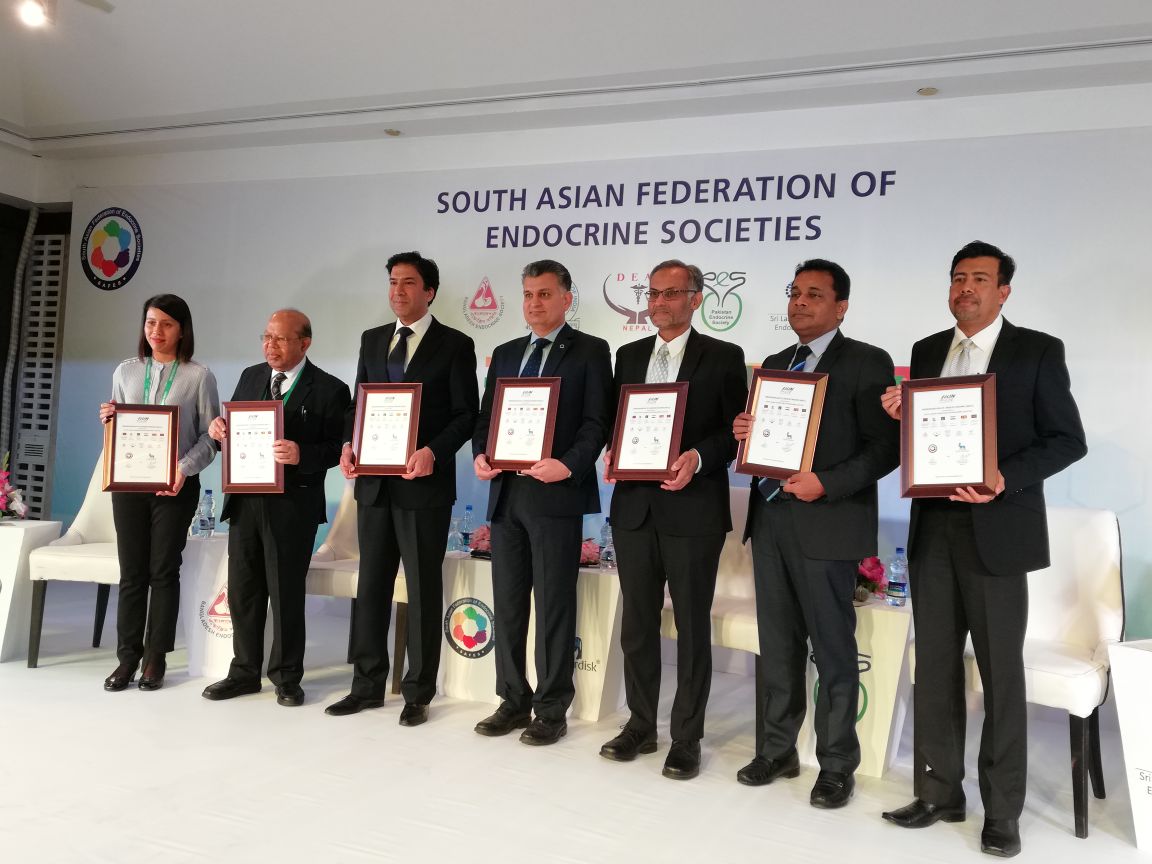
India v Pakistan, World T20, Group 2, Mirpur – The Preview
March 21, 2014Trio of problems for South Africa to ponder
March 26, 2014What has happened to Shoaib Malik? The world has more pressing mysteries to resolve but if a couple of idling hours present themselves, here is a lighter excursion to consider.
Let’s qualify that question a little. It’s not that I think Malik would have ended up as one of Pakistan’s greatest players, but neither did I ever think he would end up as he is right now. And what he is right now, well, I have no idea: even in a career stretched to its very limits by the idea of his elastic utility, it’s difficult to know what he is doing in the side now and why he’s there.
Nobody seems to have a real answer to why. I’m not sure whether Mohammad Hafeez has been specifically asked the question, but I’m certain he’d say something unprofessorial about Malik bringing a lot of experience. To which would be asked, of what? Five Champions Trophies, one World Cup and four World T20s of not really doing much?
Ordinarily the selectors should be the best people to ask, except, for about a year now, Pakistan have operated without a selection committee. Okay, so there has been one but rubber stamps have had more traction, and if Azhar Khan claims to head it, in terms of power wielded he is somewhere below what Viktor Yanukovych now claims over Ukraine and Ban Ki-Moon does over our united nations. (One of the good things about the incoming selection chief, Rashid Latif, and Moin Khan as coach – if he is kept on – is that Pakistan’s captains will be challenged a little more about their selections; the flipside is, hello, how long do those arrangements last?)
If asked they might point to numbers Malik has accrued in domestic T20 tournaments and leagues as reasons. In which case they would only be pointing out their own incompetence, or dereliction of duties. In the last two T20 tournaments in Pakistan, Malik has masked mostly ordinary work with a couple of decent scores across 11 matches. Sandwiched in between was what should have been the clincher in any discussion about his prospects: a truly abysmal Big Bash League for Hobart Hurricanes. If that is the crutch Pakistan fall back on in picking him, it’s a truly splintered one.
What else could it be? Every recent selection of his has been accompanied by talk of the political sway he harnesses, as if it were black magic or voodoo shrouding the team. Could it be for his reputation as a feared India-slayer, which, come to think of it, is a similar kind of hokum? Personally I like to think that behind his recent selections, something more prosaic has been at work. Each time the captain has seen an opportunity to forge a weird, anticipatory unity, not in strength but in mediocrity: “I’ll pick you despite you not deserving it, if you pick me later when you’re me and I’m you.” It could be any of these or none, or all.
But if we’ll never get to the bottom of why, we should ask again what: what has happened to him so that he is now merely flotsam in Pakistan’s big-tournament squads? And the thing that keeps coming to mind over and over again is his 21-month captaincy between 2007 and 2009. He hasn’t been the same since he was removed in January 2009, after an ODI series loss to Sri Lanka, but really because he was said, by his own manager and coach, to be a “loner” and “aloof” (no prizes for knowing that the omnipotent Buddha, Intikhab Alam, was involved in this).
I always wondered about that description. Bob Woolmer wasn’t a bad judge of a cricketer. Was he that wrong about Malik, whom he always identified as a potential captain? There’s no doubt that Malik has always carried the unmistakable air of a man who isn’t what he is on the outside. He clutches on to whatever may be inside him so staunchly, there is no hope in knowing what or who he really is. But how much during his captaincy was it him and how much was he made to be like that, encircled as he was by older vultures like Mohammad Yousuf, who could never digest having been overlooked for the captaincy? The one time Malik unloaded on Shoaib Akhtar’s fitness and commitment on the field, he was forced to u-turn two days later. A few days after that he was removed. He has rarely spoken about that time, which is strange given that, at 27, it effectively killed his career.
Meanwhile, away from the limelight, in the smaller, fairly stable pond of Sialkot, Malik has continued to lead. That experience is like an alternate reality, of what is happening in a world where Malik is still captain, where his position in the batting order is secure and fixed. He is the big fish here, a leader of men around him. The level, of course, is much lower, but it is telling that he looks like a different man when leading Sialkot. In that light, the mind sometimes wanders down a road where Malik wasn’t removed as captain and imagines what it might have done to him as player.
Soon after he was removed as captain he was called to a senate committee hearing in Islamabad, where the team management’s assessment of him were first made public. He sat impassively through the day as his coach and manager said their pieces and senators grilled him. He explained why Pakistan had lost the ODI series to Sri Lanka with clear-headedness, before adding that he had jumped before he was pushed. “I am one of the most flexible players in the Pakistan side and have batted everywhere. I want to get better as a player now.” Irony doesn’t begin to get that.
But it was as he hung around before the meeting started, with a group of journalists, that he uttered the most revealing truth. We asked him generally how he was now that he was no longer captain. “Ab sukoon hai,” he smiled back, as if emerging from a coma. He is at peace now, he meant.
That left unsaid what sometimes needs to be spelt out: that taking up the Pakistan captaincy is essentially going to war. It scrambles the minds of most men, to say nothing of what it does to their games. Maybe what he has been suffering from since then is some strain of a post-traumatic affliction.
Courtesy: ESPN CRICINFO




